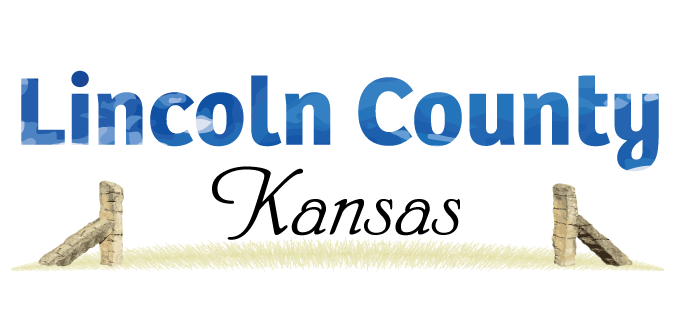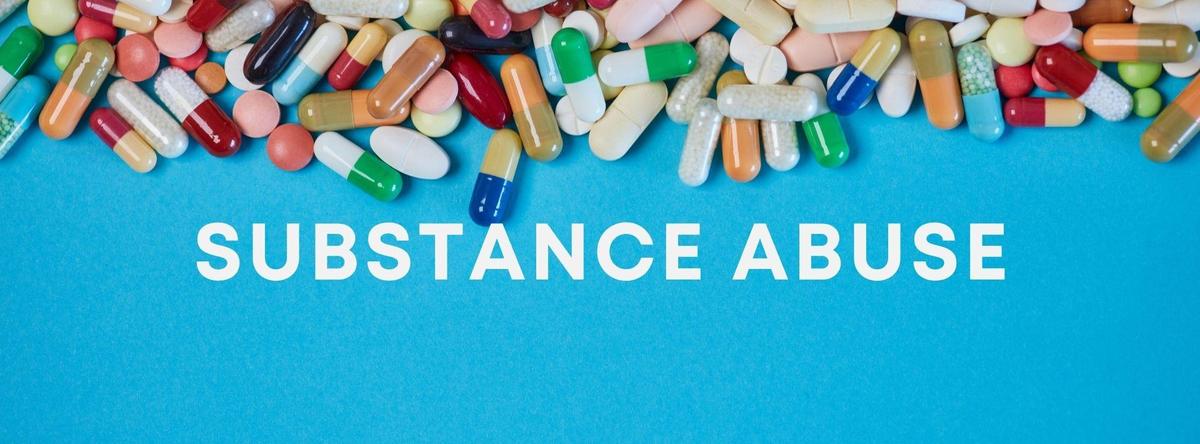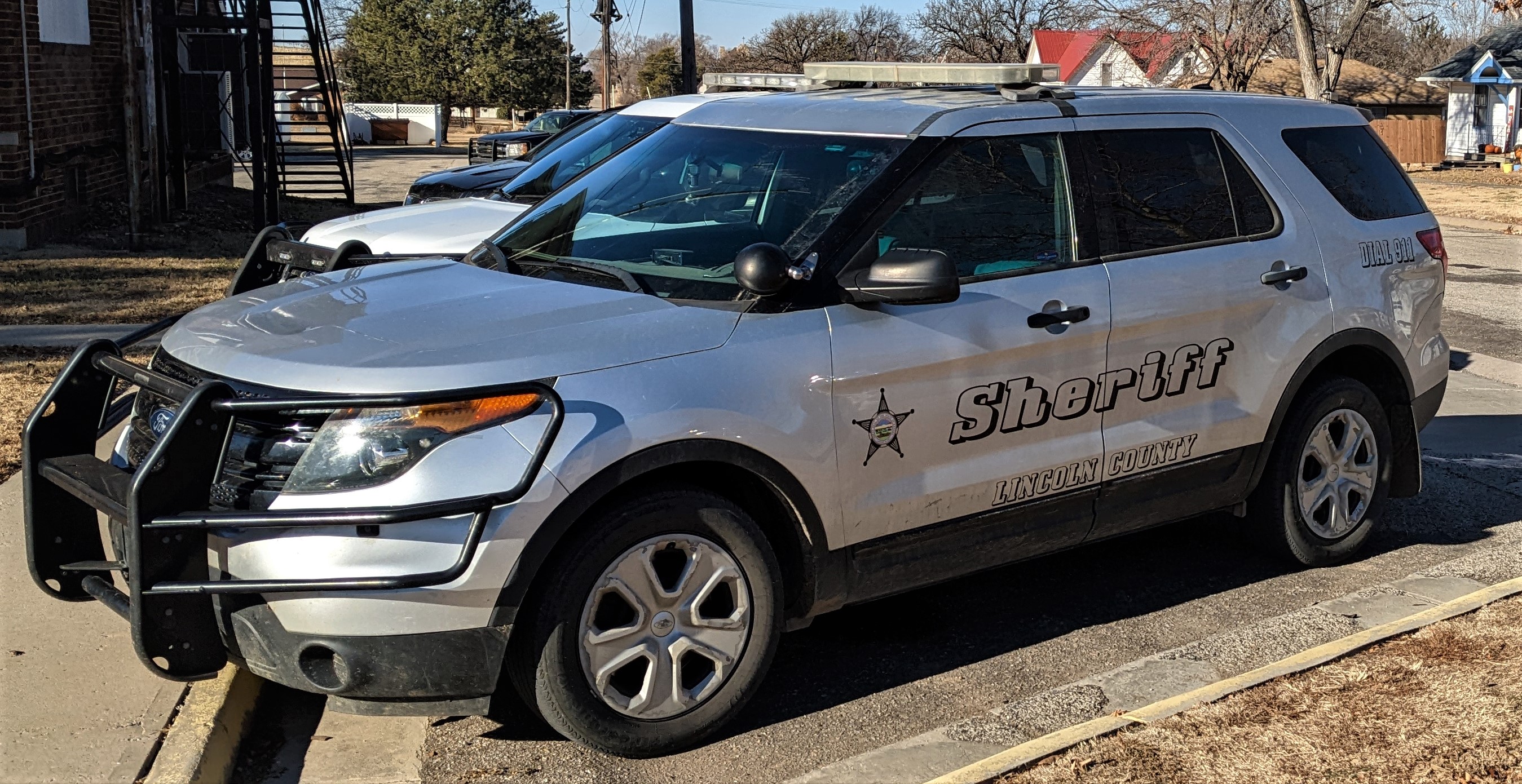Click for HELP
What is drug abuse and substance abuse?
Drug abuse, also known as substance abuse, involves the repeated and excessive use of a drug to produce pleasure or escape reality—despite its destructive effects. The substances abused can be illegal drugs such as marijuana and cocaine, or legal substances used improperly, such as prescription drugs and inhalants like nail polish or gasoline. But whatever the drug of choice, substance abuse can be identified by the maladaptive way in which it takes over the user's life, disrupting his or her relationships, daily functioning, and peace of mind.
For those in the grips of drug abuse and addiction, their drug controls them, not the other way around. As the director of The National Institute on Drug Abuse states, “uncontrollable, compulsive drug seeking and use, even in the face of negative health and social consequences” is the essence of drug addiction. Drug addiction can be physical, psychological, or both. The Substance Abuse and Mental Health Services Administration refers to psychological dependence as “the subjective feeling that the user needs the drug to maintain a feeling of well-being." Using a drug to numb unpleasant feelings, to relax, or to satisfy cravings are examples of psychological addiction. On the other hand, physical dependence refers to the physiological effects of drug use. Physical addiction is characterized by tolerance—the need for increasingly larger doses in order to achieve the initial effect—and withdrawal symptoms when the user stops.
What are the signs and symptoms of drug addiction and abuse?
The more drug use begins to affect and control a person's life, the more likely it is that he or she has a drug problem. Unfortunately, substance abusers are often the last ones to recognize their own symptoms of dependence and addiction. If you suspect that a friend or loved one is abusing drugs, it's important to remember that drug abusers often try to conceal their symptoms and downplay their problem. But there are a number of warning signs you can look for:
- Inability to relax or have fun without doing drugs.
- Sudden changes in work or school attendance and quality of work or grades.
- Frequently borrowing money, selling possessions, or stealing items from employer, home, or school.
- Angry outbursts, mood swings, irritability, manic behavior, or overall attitude change.
- Talking incoherently or making inappropriate remarks.
- Deterioration of physical appearance and grooming.
- Wearing sunglasses and/or long sleeve shirts frequently or at inappropriate times.
- No longer spending time with friends who don't use drugs and/or associating with known users.
- Engaging in secretive or suspicious behaviors, such as making frequent trips to the restroom, basement, or other isolated areas where drug use would be undisturbed.
- Talking about drugs all the time and pressuring others to use.
- Expressing feelings of exhaustion, depression, and hopelessness.
- Using drugs first thing in the morning.
For more signs and symptoms of drug addiction, see the table below.
Substance Abuse Signs & Symptons |
|
| Tolerance | Needing to use more of the drug to achieve the same effect |
| Withdrawal | Experiencing withdrawl symptons (e.g. nausea, restlessness, insomnia, concentration problems, sweating, tremors, anxiety) after reducing or stopping chronic use. Taking a drug in order to avoid withdrawal symptons |
| Doing more drugs than intended |
Taking a larger amount of a drug than planned. Using a drug more frequently or for a longer period of time than intended |
| Unable to stop using |
Desire or unsuccessful attempts to cut down or stop drug use |
| Preoccupation with drug |
Spending a lot of time getting, using, and recovering from the effects of a drug |
| Giving up/reducing other activities |
Abandoning or spending less time on previously-enjoyed activities, such as hobbies, sports, and socializing, in order to use drugs |
| Failure to fulfill obligations |
Neglecting school, work or family responsibilities (e.g. flunking classes, skipping work, neglecting your children) because of drug use |
| Risky drug use |
Using a drug under dangerous conditions, such as while driving or operating machinery. Taking risks while high, such as starting a fight or engaging in uprotected sex. |
| Drug-related physical or psychological problems |
Continuing to use despite physical problems (e.g. blackouts, flashbacks, infections, injuries) or psychological problems (e.g. mood swings, depression, anxiety, delusions, paranoia) the drug has caused |
| Drug-related legal problems | Legal troubles because of drug use, such as arrests for disorderly conduct, driving under the influence, or stealing to support drug habit |
| Drug-related social or interpersonal problems |
Losing old friends and loved one dur to drug use. Arguing or fighting with others. |
If you are abusing drugs, you may be in denial about the magnitude of the problem or the negative impact it's had on your life. However, if you feel you should cut back or feel guilty about your drug use, you may have a substance abuse problem. Other warning signs include criticism from friends and family regarding your drug use and the need to use drugs in order to get through the day. For more help identifying a drug problem in yourself, answer the questions in this online Drug Abuse Screening Test.
Teen Drug Use
There are several telltale signs of possible drug use or abuse in teenagers. The challenge for parents is to distinguish between the normal, sometimes volatile ups and downs of adolescent development and the red flags of substance abuse.
According to the National Drug Intelligence Center, sudden or extreme changes in personality, appearance, school performance, or extracurricular activities may indicate teen drug use. For example, a previously well-behaved, respectful teenager may become emotionally volatile, hostile, or violent. A teenager who is abusing drugs may also withdraw from family and friends, drop previously-enjoyed activities, and neglect schoolwork. Secretive behavior and lying to cover up drug use is also common. In addition, teen drug users may steal, ask for money, or sell valuable possessions in order to support their habit.
- Warning Signs of Teen Drug Use
- Negative changes in schoolwork, missing school, or declining grades.
- Increased secrecy about possessions or activities.
- Use of incense, room deodorant, or perfume to hide smoke or chemical odors.
- Subtle changes in conversations with friends (more secretive, using “coded” language).
- New friends.
- Change in clothing choices — new fascination with clothes that highlight drug use.
- Increase in borrowing money.
- Evidence of drug paraphernalia, such as pipes and rolling papers.
- Evidence of inhaling products and accessories, such as hairspray, nail polish, correction fluid, paper bags and rags, and common household products.
- Bottles of eyedrops, which may be used to mask bloodshot eyes or dilated pupils.
- New use of mouthwash or breath mints to cover up the smell of alcohol.
- Missing prescription drugs — especially narcotics and mood stabilizers.



